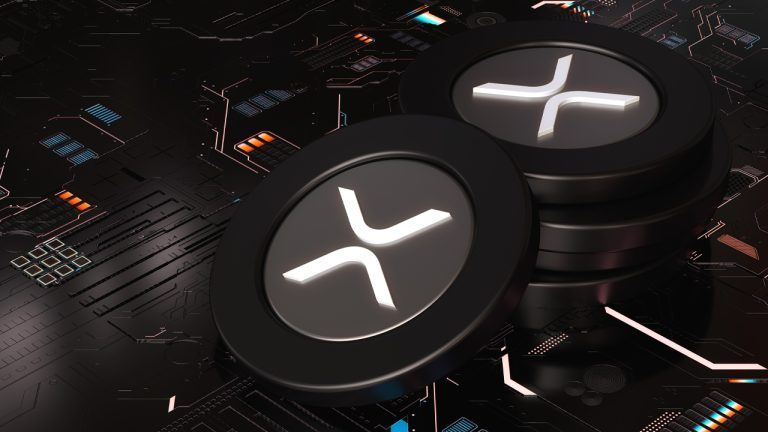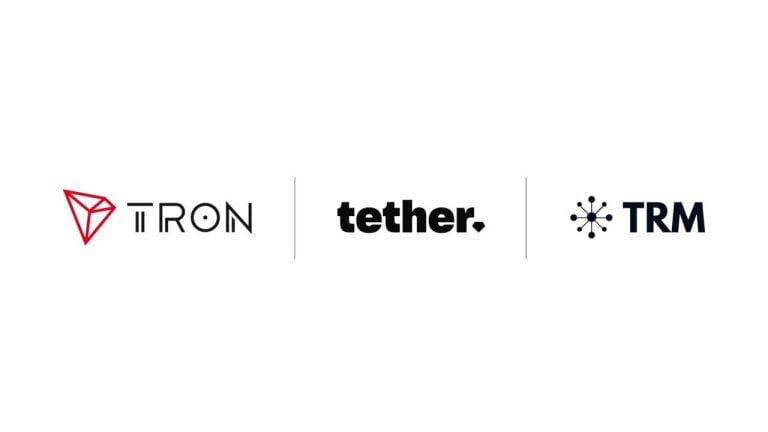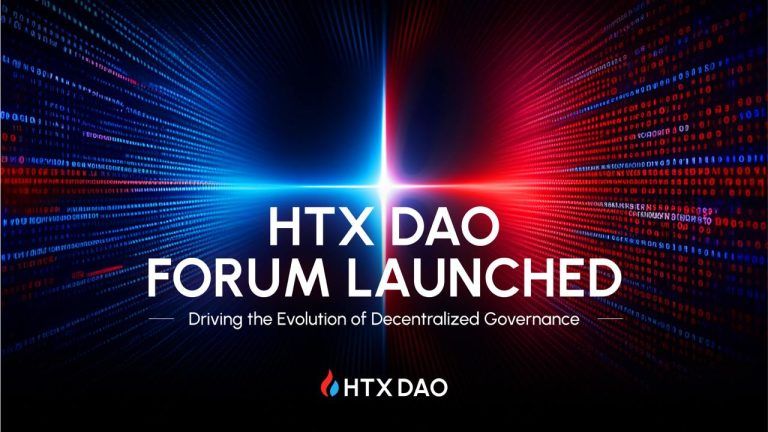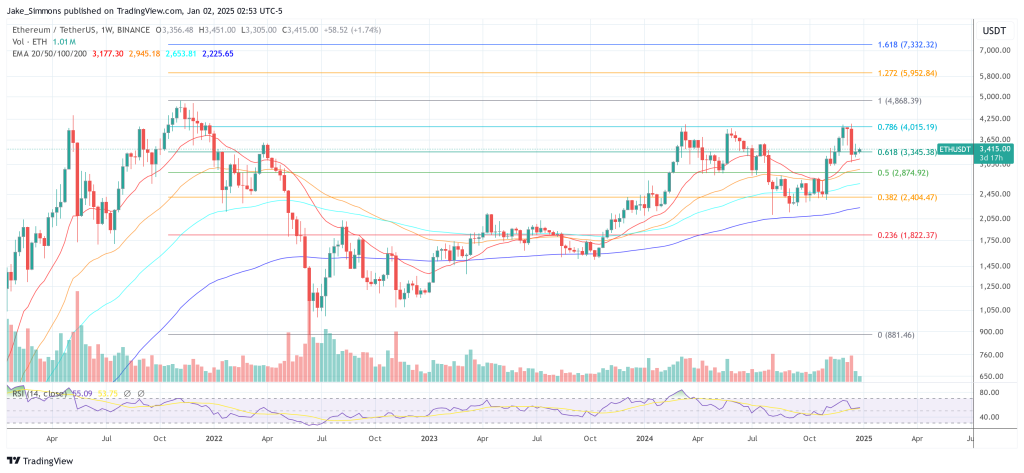About this debate on bankless...
https://www.youtube.com/watch?v=1m12zgJ42dI
It was praised as _the_ best debate about PoW and PoS. Indeed, I did learn some more aspects about the ongoing discussion.
But then again...
The elephant in the room was only very briefly touched when Justin mentioned (in his closing argument) that PoW comes with "higher" costs to secure the network. Really?
That was all?
And even he gets it wrong (Sorry, Justin). He states that the network needs to pay for economic security with fees and issuance of new tokens and takes issuance as the main cost - which is true on-chain. New tokens dilute the value of existing ones.
But what is completely ignored are the effects these systems have off-chain (i.e. in the real world)! If you observe blockchains from an off-chain perspective, then for PoW the costs for economic security are matched by the immense ressource usage PoW is infamous for, while PoS has no real equivalent.
By saying PoW BTC costs almost 100 dollars a year to have 100 dollars of economic security while PoS needs only 5 dollars, he implies a 20x improvement. But if you take the outside perspective, the difference is even more striking.
The 100 dollars in PoW mean 100 dollars of power consumption or other investments. The 5 dollars a PoS system pays out are NOT "backed" by an equal cost in the real world, because the main entry barrier here is the staked capital.
But even this greater factor does not show the true nature of the one huge economic problem PoW has.
(I am using BTC as a synonym, because that will be the only relevant blockchain in the near future)
For those who are not that familiar with the topic:
PoW is often criticized for "high" energy consumption, an estimated like 0.5% or 1% of the global power production is used to mine bitcoins. Bitcoiners will then argue that the value of the network is greater than this "cost".
This is entirely missing the point. The energy consumption of today or last year is completely irrelevant.
Let me elaborate:
The DNA of PoW is to burn real world assets (read: power consumption + electronic waste) in order to receive a fraction of newly issued BTC.
Because these real world assets are priced in whatever fiat currency, the total incentive for all miners globally currently is 6.25 BTC * BTC price per 10 minutes - e.g. in USD roughly 42.3m USD per day (as of today).
As long as the total cost for running all mining rigs is significantly lower than this, miners will bring more rigs online. Someone in the world will do it, because it's profitable.
And that means nothing less than that the global operational cost of the Bitcoin network (in fiat currency) scales directly proportional to the BTC price.
If the BTC maxis' wet dreams come true and BTC rises to a million dollars - guess what? The value of issuance of BTC in $ will grow by the same factor (20x !) as will the investments made by miners and thus power consumed by the network.
So, in short: BTC will in the long run either not be successful or kill us all. I am not making a jest.
If BTC becomes the global success everyone hopes for, then what we see today is just the tip of the iceberg.
This is basic economics, no technological advance and no use of renewable energies can fix this.
If someone invents mining rigs that produce more hashrate per unit of energy, the miners will just run more hardware.
If there is cheaper power, miners will use more.
As for the usage of "green" energy - let us for one moment ignore that no one will be able to verify the claim that a certain percentage of renewables is used for bitcoin and that these power sources will not be available to de-carbonize industries elsewhere -
even if you assume there is enough green energy to supply a multiple of BTC's energy consumption today (maybe a few more volcanos pop up in El Salvador), miners would spend their entire budget on hardware or something else that comes with real world costs.
In a PoS network, the operational cost of running the network is not tied to the token price. So, if someone states that Ethereum's switch to PoS will reduce the energy need by 99,9% - this is also misleading and a massive understatement.
The switch to PoS will replace the energy need of the network by a fixed amount that is 99,9% lower than the current energy need!
To sum it up, any serious discussion about PoW vs PoS should at least include:
1) which consensus mechanism will not kill us as a species?
2) end of debate
All these other aspects that have been discussed might be of academic interest and some might help to improve blockchains in the future, but they cannot seriously alter the outcome.
[link] [comments]

You can get bonuses upto $100 FREE BONUS when you:
💰 Install these recommended apps:
💲 SocialGood - 100% Crypto Back on Everyday Shopping
💲 xPortal - The DeFi For The Next Billion
💲 CryptoTab Browser - Lightweight, fast, and ready to mine!
💰 Register on these recommended exchanges:
🟡 Binance🟡 Bitfinex🟡 Bitmart🟡 Bittrex🟡 Bitget
🟡 CoinEx🟡 Crypto.com🟡 Gate.io🟡 Huobi🟡 Kucoin.




















Comments